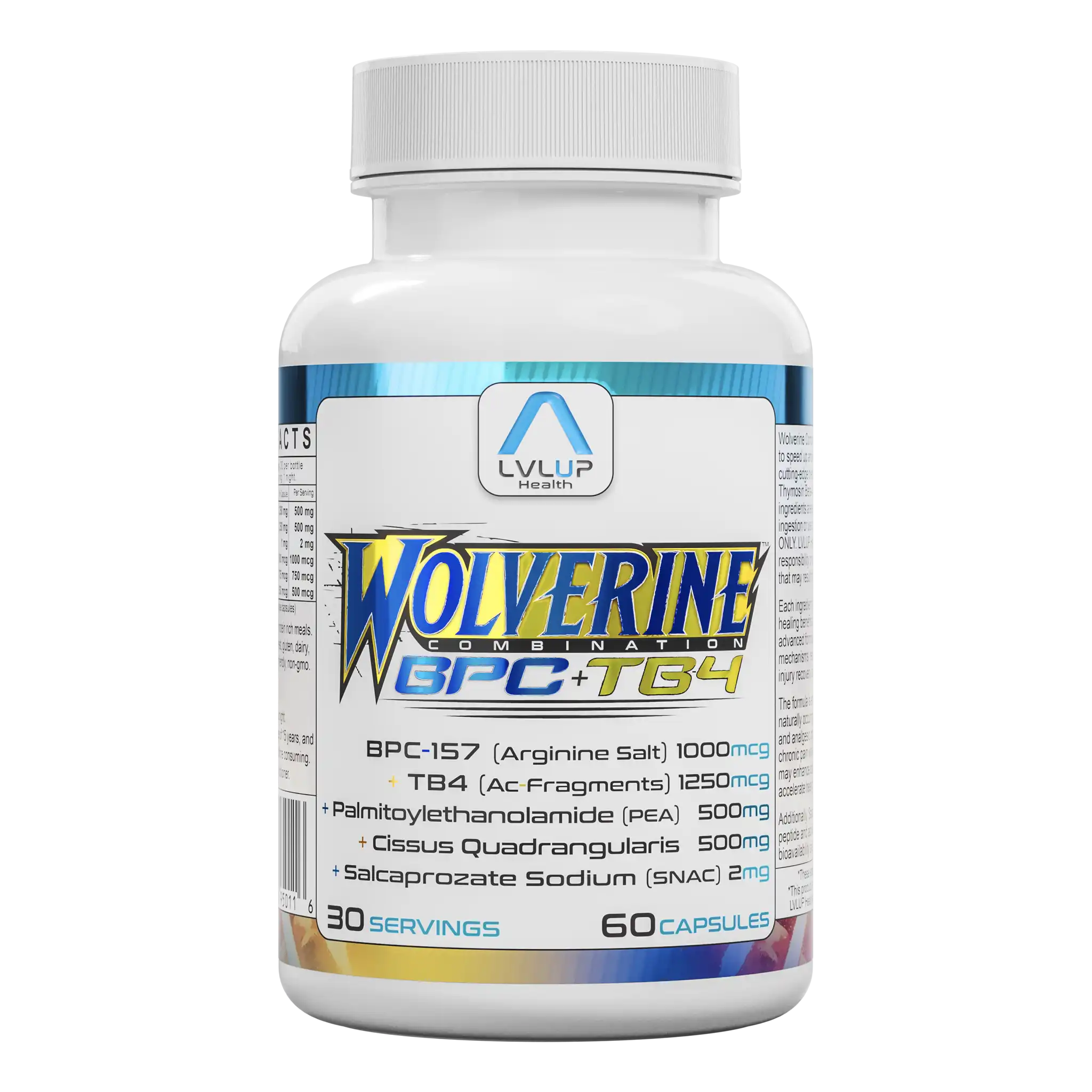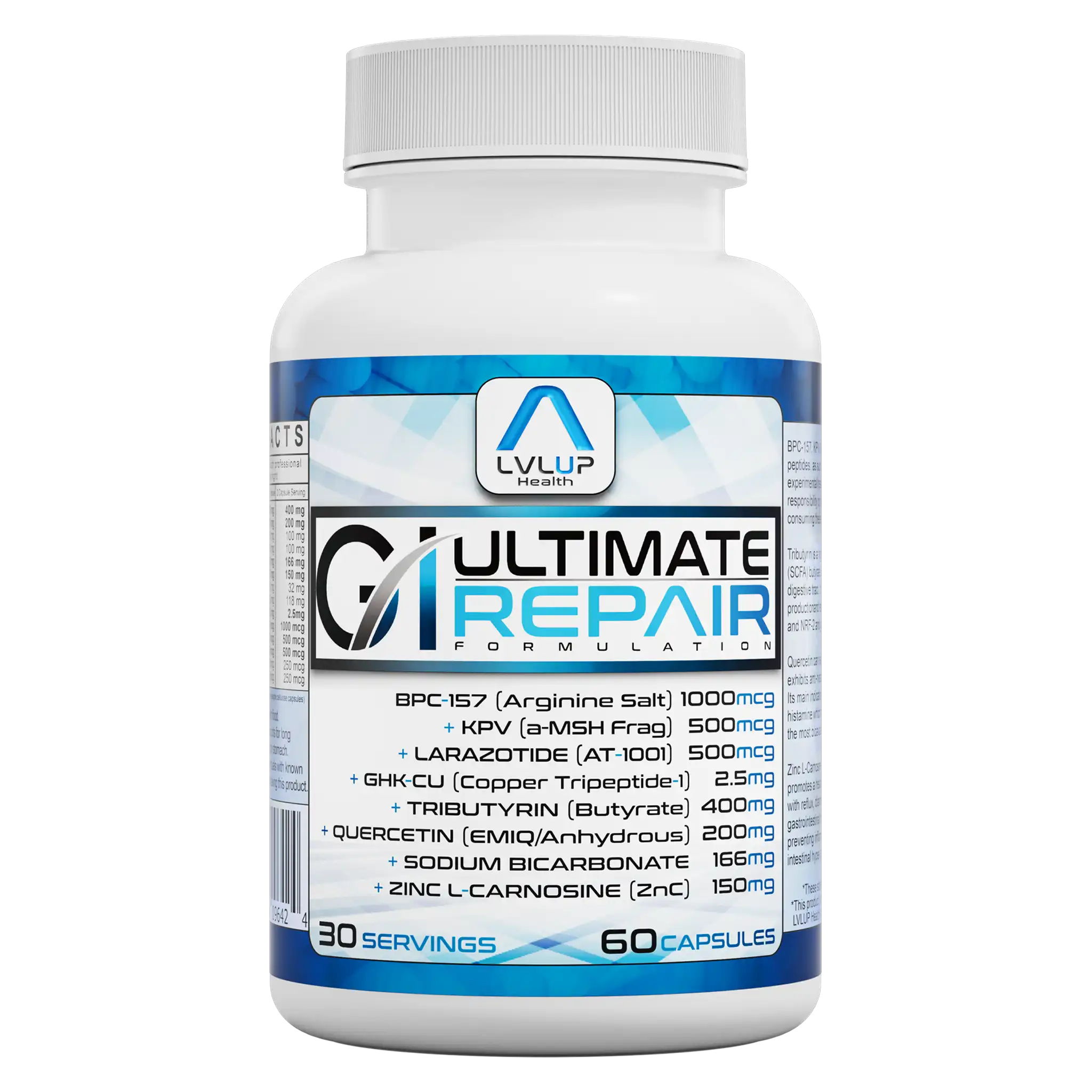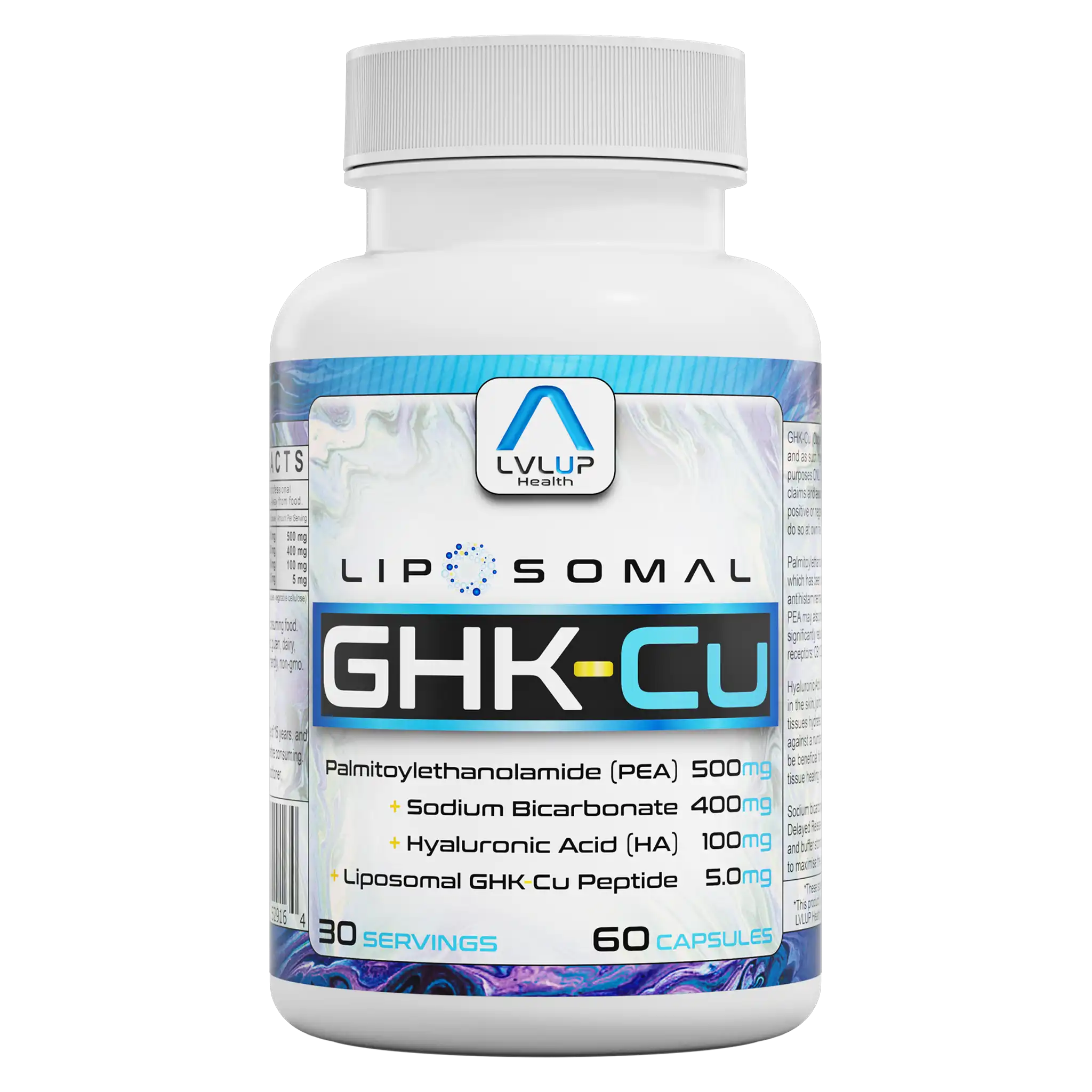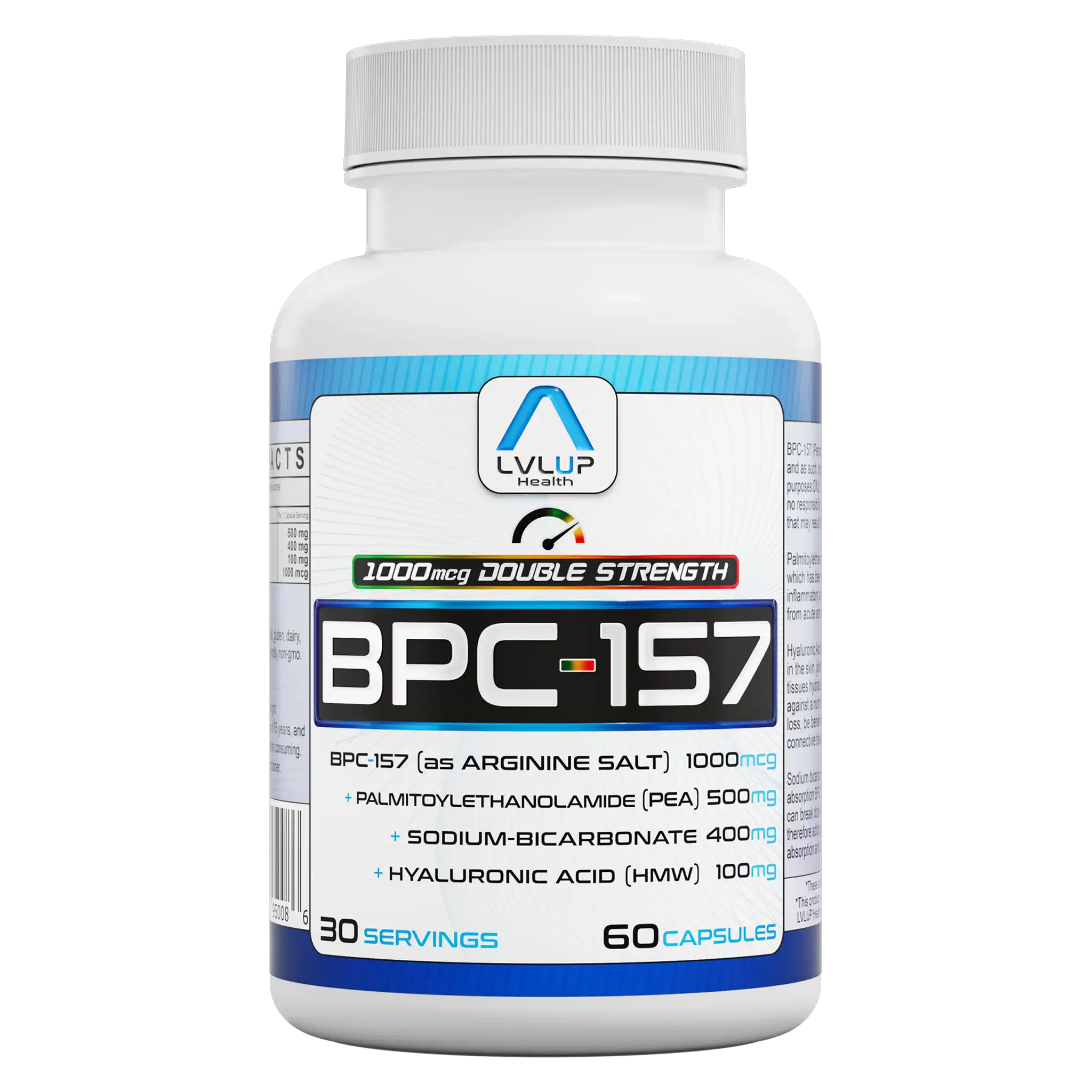Urolithin-A
About Urolithin-A
Origins and Transformation
Urolithin-A emerges from the biotransformation of ellagitannins and ellagic acid, polyphenolic compounds found predominantly in pomegranate, walnuts, and certain berries. When you eat these foods, the complex molecules undergo a process starting in the small intestine, where hydrolysis releases ellagic acid. This is then metabolized by gut microbes in the colon to produce urolithins, with Urolithin-A being notably active.
Cellular Functions
Urolithin-A is known for inducing mitophagy, a selective autophagic pathway targeting damaged mitochondria for degradation. This process is crucial for mitochondrial quality control, impacting cellular energy and stress resistance. It works through pathways such as the AMPK-ULK1 axis while suppressing mTORC1 signaling.
Research and Studies
Studies in model organisms like C. elegans and rodents have shown oral Urolithin-A supplementation increases mitochondrial function, improves muscle performance, and can extend lifespan under specific conditions. In humans, preliminary studies suggest potential improvements in muscle endurance and mitochondrial biomarkers from consistent intake.
Direct Supplementation
Since individual microbiomes vary greatly, directly supplementing with Urolithin-A can sidestep the need for gut microbial conversion. It’s often paired with other bioenergetic supplements like CoQ10 to enhance mitochondrial health further, aimed at reducing age-related functional decline.
Continuing Research
Research continues to explore Urolithin-A’s effects on inflammation, liver health, and brain protection. Its pharmacodynamics and long-term impacts are under active study, promising a deeper understanding of its role in health maintenance.
Detailed Information
Biotransformation and Metabolic Pathways
Urolithin-A is a byproduct of the gut microbiome’s transformation of ellagitannins and ellagic acid. These polyphenols, ingested through dietary sources like pomegranates and walnuts, undergo hydrolysis in the small intestine. The released ellagic acid is then further processed by colonic bacteria into various urolithins, with Urolithin-A being the most bioactive.
Molecular Mechanisms of Action
At a cellular level, Urolithin-A induces mitophagy, which involves the selective autophagic degradation of dysfunctional mitochondria. It activates mitophagic pathways through AMPK-ULK1 axis modulation and dampens mTORC1 signaling, essential for maintaining mitochondrial homeostasis and cellular energy balance.
Experimental and Clinical Insights
Research involving model organisms, such as C. elegans and rodents, has consistently shown that Urolithin-A supplementation enhances mitochondrial respiration, muscle function, and lifespan under controlled conditions. Transcriptional profiling reveals its role in mitochondrial biogenesis and dynamics, influencing genes like PGC-1α, MFN1/2, and OPA1. Initial human studies suggest benefits in muscle endurance and mitochondrial health markers.
Challenges and Supplementation Strategies
The variability in microbiome composition among individuals can affect the endogenous conversion of ellagitannins into Urolithin-A. Direct supplementation provides a workaround, enhancing bioavailability independent of microbial activity. Formulations often include other mitochondrial support agents, such as CoQ10 or nicotinamide riboside, to boost mitochondrial health comprehensively.
Future Directions in Research
Future studies focus on Urolithin-A’s systemic effects, including its anti-inflammatory properties, impact on liver health in steatosis models, and potential neuroprotective roles. Detailed pharmacodynamic research and population-specific studies aim to delineate its full therapeutic potential and safety profile.




